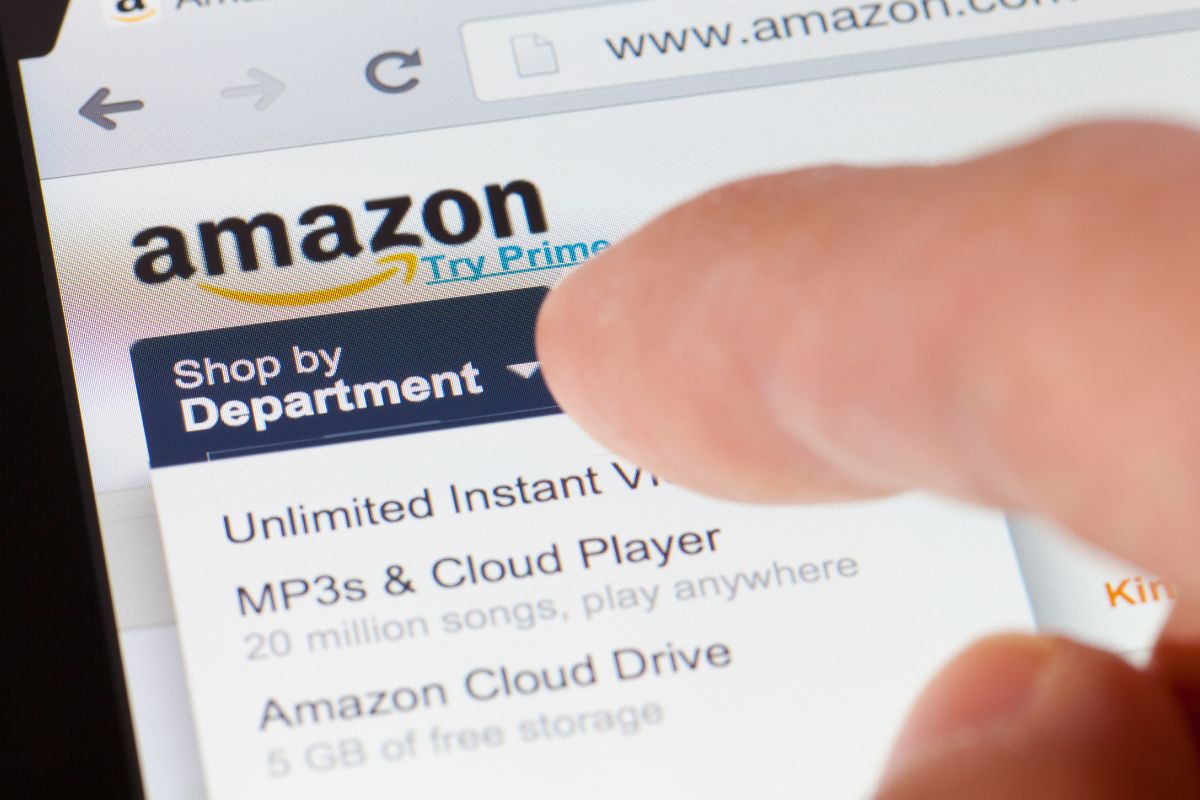The new tag is meant to encourage consumers to research the item they want to buy.
Amazon is adding a new tag to label some of the items being sold through its website and app, in the form of a frequently returned product message.
The tag will be used to flag items that are often returned after they’ve been purchased on the platform.
The frequently returned product tag isn’t meant to tell people not to buy an item. Instead it is meant to give people a heads up that they might want to take a closer look at the item details and reviews to inform themselves about what they’re purchasing. This can help them to avoid the risk of receiving a low-quality item, or simply choosing the wrong color, model, or size based on information they might have misunderstood. The goal is to help reduce the number of unnecessary returns the site has been facing.

Amazon’s current return policy makes it possible for shoppers to send back a new and unused item for up to 30 days after purchase. Typically, this is done free of charge unless the item has been determined to be nonreturnable. That said, customers would rather receive a product they want instead of having to go through the hassle and bother of sending it back. Moreover, Amazon’s cost of covering those returned shipments and sending out refunds is also worth noting.
Amazon is hoping the frequently returned product label will also help reduce fake reviews and counterfeits.
The platform is riddled with cheaply made, low-quality and sometimes dubiously marketed items. Counterfeits also abound on the platform. This is only worsened when fake reviews are factored into the mix.
That said, when a visible warning is in place to help ensure that customers are taking a close look at what they’re thinking about purchasing, it can help those shoppers to avoid receiving something they don’t want. That way, they can avoid the hassle and negative shopping experience while also avoiding Amazon’s costs associated with the process.
The frequently returned product labels have already started appearing on certain third-party listings fulfilled by Amazon. They include items that have high star ratings.

